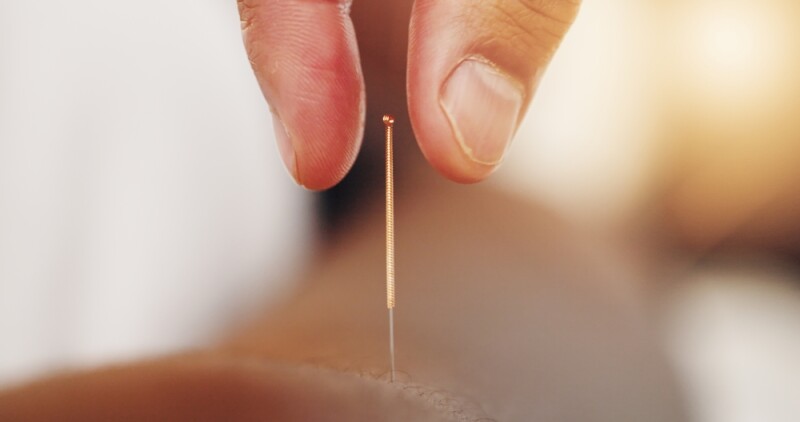Drinking Coffee and Tea May Decrease Risk of Head and Neck Cancers

A new analysis published in Cancer, a peer-reviewed journal of the American Cancer Society, suggests that coffee and tea consumption may play a role in reducing the risk of head and neck cancers, including those affecting the mouth and throat. The study, conducted by researchers from the International Head and Neck Cancer Epidemiology consortium, offers integrative practitioners valuable insights into lifestyle factors that could impact cancer prevention.
According to the study, head and neck cancer ranks as the seventh most common cancer worldwide, with increasing prevalence in low- and middle-income countries. Numerous studies have explored the potential links between coffee or tea consumption and cancer risk, but results have often been inconsistent. For this investigation, researchers sought to clarify these associations through a comprehensive analysis of 14 international studies.
Researchers analyzed data from 9,548 patients diagnosed with head and neck cancer and 15,783 control participants. Dietary habits were assessed through detailed questionnaires, which recorded consumption patterns for caffeinated coffee, decaffeinated coffee, and tea.
Key findings include:
- Individuals consuming more than four cups of caffeinated coffee daily had a 17 percent lower likelihood of developing head and neck cancer overall. The reduction was even more pronounced for specific cancers: a 30 percent decrease in oral cavity cancer and a 22 percent decrease in throat cancer risk.
- Drinking three to four cups of caffeinated coffee daily was associated with a striking 41 percent lower risk of hypopharyngeal cancer, which occurs at the bottom of the throat.
- Decaffeinated coffee consumption was linked to a 25 percent reduced risk of oral cavity cancer.
- Tea drinkers also saw benefits: drinking one cup or less of tea daily reduced the risk of head and neck cancer overall by nine percent and hypopharyngeal cancer by 27 percent. However, consuming more than one cup of tea daily was associated with a 38 percent increased risk of laryngeal cancer.
“While there has been prior research on coffee and tea consumption and reduced risk of cancer, this study highlighted their varying effects with different sub-sites of head and neck cancer, including the observation that even decaffeinated coffee had some positive impact,” said senior author Yuan-Chin Amy Lee, PhD, of Huntsman Cancer Institute and the University of Utah School of Medicine. “Coffee and tea habits are fairly complex, and these findings support the need for more data and further studies around the impact that coffee and tea can have on reducing cancer risk.”




















SHARE